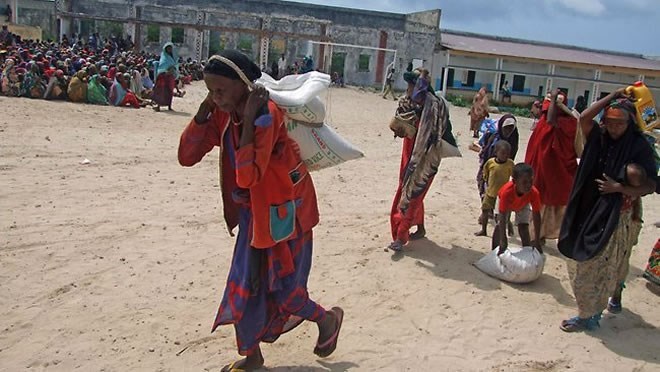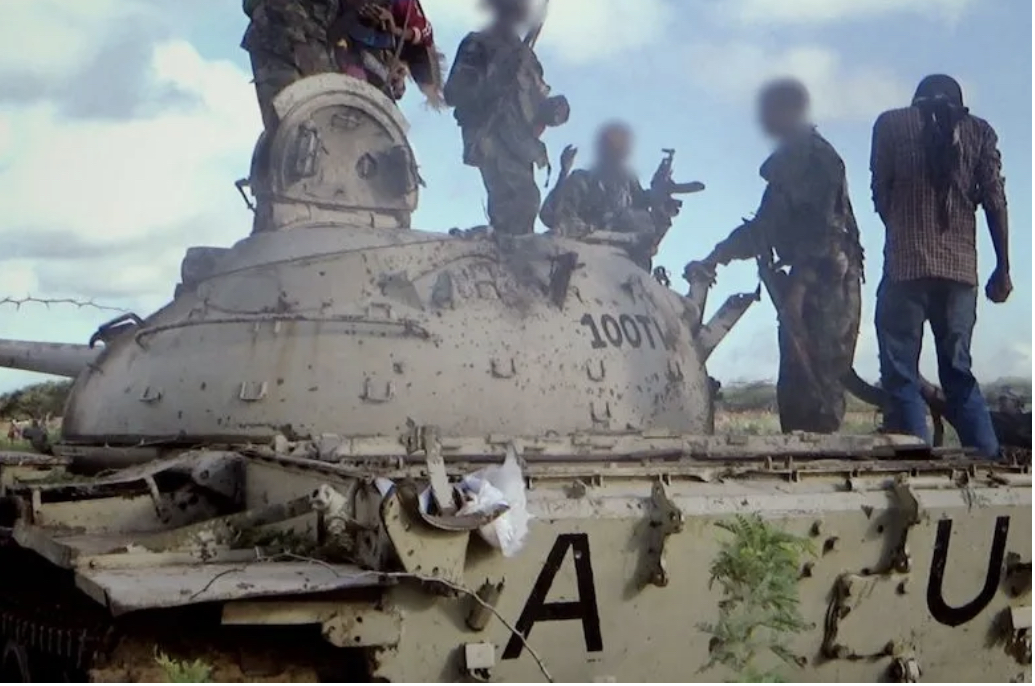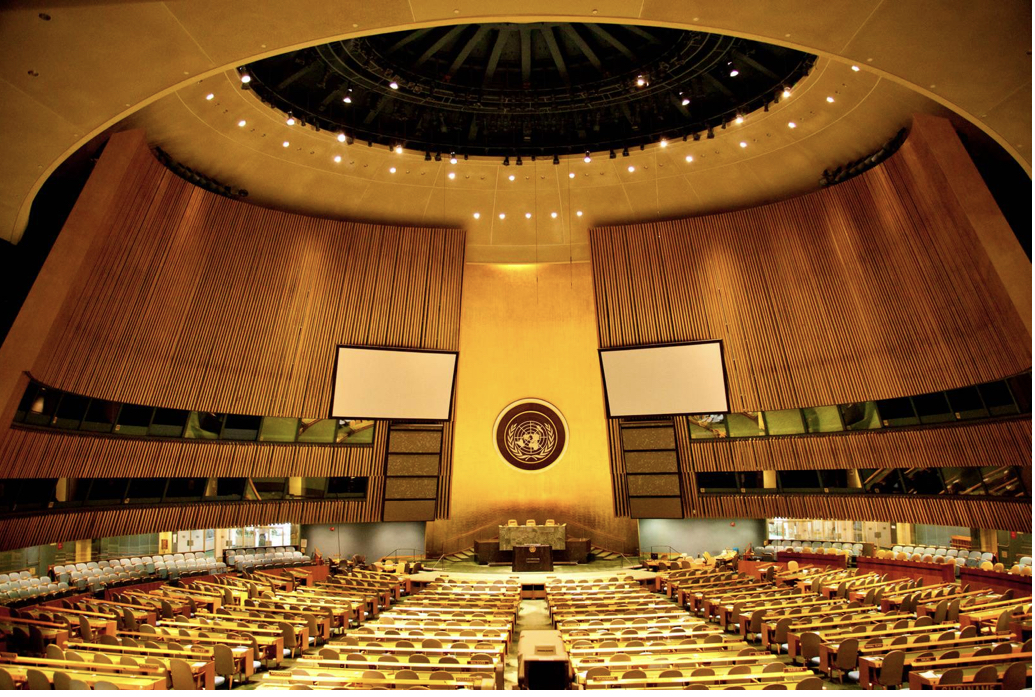Humanitarian agencies in Somalia are drastically scaling back lifesaving operations due to a steep decline in international funding, prompting United Nations officials to warn of a deepening hardship for millions already facing a crisis.
The UN Office for the Coordination of Humanitarian Affairs (OCHA) said Monday that the 2025 Somalia Humanitarian Needs and Response Plan has been slashed by 74%—from $1.4 billion to $367 million—forcing agencies to reduce the number of people they aim to assist from 4.6 million to just 1.3 million.
The funding crisis comes after major donors, including the United States, froze portions of their foreign aid budgets. U.S. Agency for International Development (USAID) programs were among those affected, with communities across the Global South, including Somalia, bearing the brunt.
“As of April 30, the plan is only 11% funded,” OCHA said, noting that any additional resources would allow for expanded coverage to reach more of the people identified initially for assistance.
In response to the funding shortfall, aid agencies have reprioritized their efforts and rolled out a new decentralized coordination structure aimed at improving the delivery of aid in high-need areas. But the immediate consequences are already visible across the country.
“Due to the drastic scale-back of lifesaving services, over 2 million Somalis are projected to face increased vulnerability this year,” OCHA said in its latest report, adding that health facilities are closing, food assistance has been cut, and water and sanitation services are rapidly declining.
The agency emphasized that these adjustments do not reflect a decrease in humanitarian need. “Reprioritization does not mean that overall humanitarian needs and requirements have reduced across the country. All needs and responses identified in the 2025 plan remain valid and urgent,” OCHA stated.
Somalia is currently grappling with multiple overlapping challenges—including prolonged drought, armed conflict, weak public institutions, widespread displacement, and recurring climate shocks—that continue to devastate already vulnerable communities.
Low-income households, internally displaced persons, and marginalized groups have been particularly hard hit, with aid workers warning that the dramatic funding shortfall could lead to further deterioration of the humanitarian situation unless support is urgently restored.




